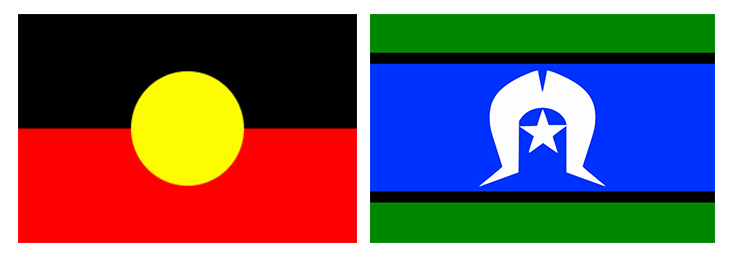
We call on the Australian Government to support the development of a new treaty to protect our rights as we age and to actively engage with the United Nations processes working to achieve that goal.
To flourish as an inclusive, diverse and equitable society, Australia must expressly commit to valuing the human rights of older persons.
Existing treaties offer inadequate protection of our rights as we age. What protection exists is scattered and lacks a coherent focus on older persons. Focused treaties exist for other groups, including children, women and persons with disability. Treaties have helped these groups in Australia by establishing internationally endorsed frameworks to scaffold effective advocacy, legislation, accountability, and the provision of fit for purpose services.
How would a treaty make a difference?
A treaty would:
- explicitly reaffirm and uphold the human rights that everyone should enjoy in older age
- celebrate age-diversity
- be an unmistakable repudiation of ageism and anchor long-term public awareness campaigns for age-diverse and ageism-aware programs
- put all participants in Australia’s political, cultural, economic and social life on notice that, as we get older, we retain our human rights to their fullest potential
- give individuals, organisations and governments a clear mandate to hold accountable those who would dismiss or devalue our rights as we age
- be a clear, internationally endorsed reminder to lawmakers that each decision they make affects all of us as we age, and uphold Australia’s past leadership on human rights instruments.
A treaty would be based on principles including equality and non-discrimination, respect for dignity, autonomy and independence, empowerment, participation in all dimensions of public life, self-fulfilment and recognition of the diversity of older persons.
Why now?
In Australia, the past decade has seen substantial progress and momentum in recognising our rights as we age. Internationally, the United Nations Open-ended Working Group on Ageing (OEWGA) has meticulously explored and worked to address stakeholders’ legal, policy and practical concerns. These efforts should now be leveraged to achieve the fullest potential expression of those rights in a treaty. By 2019, the case for a convention was already compelling, but COVID-19 has given it critical urgency. The pandemic unleashed unchecked ageism and attacks on older persons’ rights domestically and globally. Existing patterns of discrimination and violation have been exacerbated and excused. In resource-diminished and resource-competitive service and care environments, older people have been afforded lower priority and treated as less worthy of services and care. In April 2023, the OEWGA will continue its consideration of the need for a treaty. The UN Human Rights Council is also considering the issue. Australia should be a clear voice in the United Nations, taking an active role in developing, negotiating and implementing a treaty.
Why the opposition?
There are three main arguments that have been used in the past to reject a specialised treaty. The first is that older persons’ rights are already sufficiently protected. We disagree. Second, opponents say that a treaty would be expensive. We disagree. Third, opponents assert that violations of older person’ rights happen because existing laws, procedures, practices and services are not properly implemented, and ageist assumptions are rarely recognised or challenged. Again, we disagree.
Call to action
Australia has been an influential leader of human rights thinking and action. We call on the Australian Government to maintain that proud tradition by:
- establishing a multi-stakeholder group in Australia, comprising older Australians from diverse backgrounds and circumstances, as well as civil society groups and frontline workers, to inform Australia’s leadership in upholding our rights as we age actively supporting and participating in the work of the UN in developing a new convention, and
- ratifying and implementing the treaty in Australian law.
rightsofolderpersons.org.au #rightsasweage


